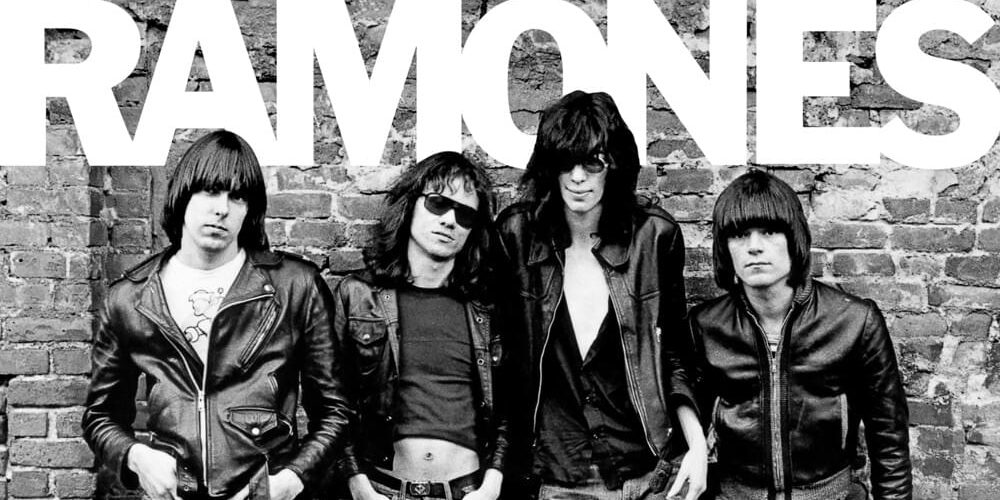On August 6, 1945, The United States detonated an atomic bomb on the city of Hiroshima. On August 9, 1945, The United States Dropped detonated another atomic bomb on the city of Nagasaki. Oceans of ink have been poured on the consequences of these actions, to the point where the effect is almost nonexistent in modern times. But to give you some idea of the impact of these cruel bombs, we have to consider that the end of World War II, and the next 50 years of global affairs were directly or indirectly related to the dropping of just two bombs. Two. Two bombs which killed 150,000-246,000 civilians. In 1945, three atomic bombs were in existence. In 1970, 26,008 bombs were owned by the USA alone. Enough to destroy the earth 15 times over.
This state of affairs, in which both the USA and USSR were both capable of destroying the entire globe and would test each other on if they would through mind games and espionage, was, (is,) known as the cold war. A state of constant paranoia began to infect everyday life, as at any moment, a nuclear strike could completely incinerate them.
Naturally, it didn’t take long before the state of global politics to infect the culture of America. Whether through espionage thrillers like, “James Bond,” or post apocalyptic futures ala, “Mad Max,” the constant anxiety toward the state of the world bled into seemingly every aspect of culture. This state of paranoia helped lend itself toward the postmodern disillusionment and nihilism that still pervades American culture today.
In Allen Ginsberg’s, “Howl,” this fusion of nuclear war and american culture is represented through the line, “…who sank all night in submarine light of Bickford’s floated out and sat through the stale beer afternoon in desolate Fugazzi’s, listening to the crack of doom on the hydrogen jukebox.” Everyday American activities are tinged with a constant reminded of the atomic age.
Paranoia is sure to eventually result in one of two things;a silent mental breakdown or an nihilistic, good humored sense of living for today and pushing problems aside. Both have been increasingly popular in America.
“To laugh at yourself is the most important thing, not at others but at yourself, that’s the great
thing. The day when I graduated from high school and we were all asked what we would like to be, I had no idea what I wanted to be. So I said, ‘I think I’m gonna be a clown.’ The symbol of man’s suffering on earth, you might say and his conquest over it too, you know. But, I was saying a great truth, because at bottom I think there is a great deal of the clown in me.” These were the words spoken by eternally controversial American author Henry Miller toward the beginning of the documentary, “The Henry Miller Odyssey”. For an author whose books were deemed dangerous and obscene enough to be banned for nearly three decades in most of the English speaking world, this quote comes off as quite humorous.
In a way, he was right, because to be truly yourself in the fullest sense of the word, you would most likely resemble a sort of clown. For as supremely edgy as Miller’s work was and for how self-serious a lot of it is, he seemed to have been completely aware of this fact, and been able to make himself the target of his own joke as well.
This ability to laugh at oneself is an important part of any rebellious spirit. The very same self seriousness that plagues corporate institutions must be absent from whatever seeks to destroy it, if it wishes to succeed.
Formed in Ann Arbor, Michigan, in 1967, the Stooges quickly became known for their aggressive and filthy style of garage rock. This style was later seen as influential on the punk movement and was dubbed, “Proto-punk.”
Unlike many other proto-punk bands, whose music merely resembled the genre that would follow, the Stooges were the first to truly embrace the style and attitude of punk. This was largely thanks to the stage presence of their frontman, Iggy Pop. Famously, Iggy would smear himself with peanut butter on stage, dive into the audience and even supposedly roll around on broken glass on stage.
The band matched Iggy’s intense level of energy with loud, fast, gritty music that was unmatched by anything in rock music. The Stooges penchant for beating simplistic, aggressive guitar riffs to death paired well with the nihilistic, ambivalent, sex-craved lyrics of their songs.
Unlike many other punk bands, however, The Stooges were never concerned with, “realness,” or prescribing to any notion of what came before. They were going where no band had gone before and wouldn’t care about any sort of notoriety or cred. More importantly however, The Stooges offered relief to the hungry and paranoid soul of America.
In an age of rampant fears about the future, it helps to have music that is immediate and direct, addressing the times of the day and providing us an escape. People get self conscious when they know that they are having fun. But you’re not stupid for having fun. In fact, you may be smarter than anyone around you. Many so-called intellectuals will scoff at the music of the masses, or music that comes from the masses, as they are the only ones who really know what’s going on in our society. This attitude is cancerous and should be expunged from the mind as soon as it enters. People who insist that anyone is stupid for having a good time and living in the moment are most likely miserable and a shell of a man.
In a way, the Stooges are clowns. They were almost a parody of themselves. But they just didn’t care. They just wanted to have fun.
Perhaps the clearest explanation of why the Stooges were such innovators comes from their song, “No Fun,” a staple of protopunk. The song starts simply enough. The rudimentary guitar riff and barebones drumbeat sounds like much of the garage rock that came before it and after it, as Iggy sings about his own boredom and frustration with his girlfriend. This song was released in the anxiously spiritual year of 1969, the height of the 60s counterculture, a movement defined by peace, love, understanding and pacifism. There seemed to be no sign of stopping. It almost seemed like the hippies could win against the systems of old. But we know what happened. We know how the 60s ended. We know that the Vietnam war raged on. We know that Nixon was reelected. We know that the Beatles broke up. We know that Jimi Hendrix died. And we know that Charles Manson thought that they told him to start a race war.
The Stooges, I think, knew this too. Their debut album even begins with a song called, “1969,” reflecting on the state of their lives and of America. The Stooges saw the writing on the wall. Halfway through this song, Iggy’s bored and apathetic demeanor starts to sound more and more aggressive. The chords, which have remained unchanged throughout the song, start to grind and grind into our ears, the groove almost touching our bones. Then, as if materialized by the aggression of the song, a second, even louder guitar appears in the song. Iggy starts raving and ranting angrily, as the second guitar wails and begs for mercy over a blues version of the apocalypse. The band has engaged into a higher gear. It’s not just a rock song anymore. It’s a decrement of the aimlessness of their generation, a generation forced to live in the shadow of mistakes their parents made. A generation taught at school how close death was. A generation cursed to live in a world destined to die. No fun.
No Fun, to me, is the birth of punk rock. The birth of the spirit that would haunt rock music for years to come. It was even covered by the Sex Pistols and was the last song they played at their strange and lonely last show. It marks the exact moment when the angsty fun of the Who, the Kinks and the Beatles turned into bitter, bitter rage. It wouldn’t be long until bands started to point that rage at the world.
The jewel in the Stooges crown, however, has to go to their song, “1970.” By this point, they had already established that the good will of the 60s had dried up and was fading fast. But what would the next decade sound like?
The song begins with a short intro. A final warning before the onslaught. The drums start to rev up. And then the bass. Suddenly the song snaps into shape and you have no choice. You have to move. The band isn’t even using two chords. They’re just wailing on two strings. The groove is so tight that when the saxophone enters later in the song it can’t even find an opening and just wails on the outside of the song. This is what the next decade will sound like. A decade defined by the death of the American dream, complete disillusionment with the president, and the struggle for basic human rights. But Iggy feels alright. He knows that he may as well enjoy it all before it’s too late. He knows that since we are all doomed, the only choice left is to despair or to rejoice.
The Stooges didn’t last long. No band fuelled by this philosophy can last long. They were relatively unheard of in their time but now appreciate some of their long deserved success. They are the apocalyptic American vision of endless waste and endless revelry that we so (still) desperately needed. And it feels alright.














